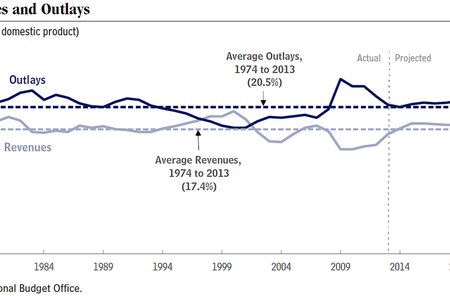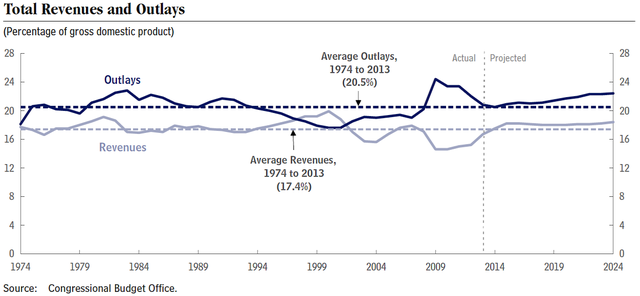As someone who obsesses about efficiency in his daily life and any work that I do, it is important to me to not waste any efforts or money that don’t need to be spent. I am fine with spending 10 hours one time to reduce a daily activity that I perform by 30 seconds. After 5 years, that change is worth it in aggregate. Beyond that, there are situations where my time is less important now than it is later.
The same applies to spending money. If my time is valuable to me at a certain point, spending money to have someone else do something makes perfect sense. I value my free time greatly. I also value my productive output greatly. It makes sense for me to pay a contractor to help with the house or someone to help clean my house. Those feel like negative activities for me as I don’t generally enjoy them and they don’t produce any money or external outcome.
For government, I think the same process needs to be applied. What is the purpose of various government agencies and the laws they enforce? What are the external impacts of their mission and work? Could they be replaced by something that has the same effect at a lower cost? What is the result of them stopping operation completely?
For the entirety of the federal budget, there are direct impacts in the case of an agency completely going away. There are also indirect impacts. Generally, a portion of the population or society as a whole will suffer or be worse off down the line if something is completely eliminated. This leaves us with the task of looking at something and deciding what of their mission can be done better elsewhere or through a different mechanism that reduces costs.
Examples at a very high level might include:
- Some of NASA’s mission being outsourced to private sector in the coming years
- Machine learning being invested in to do tasks humans are poor at within the TSA
- The complicated tax code the IRS enforces as well as the inefficiency of not supplying Americans with pre-filled forms for them to correct or accept

